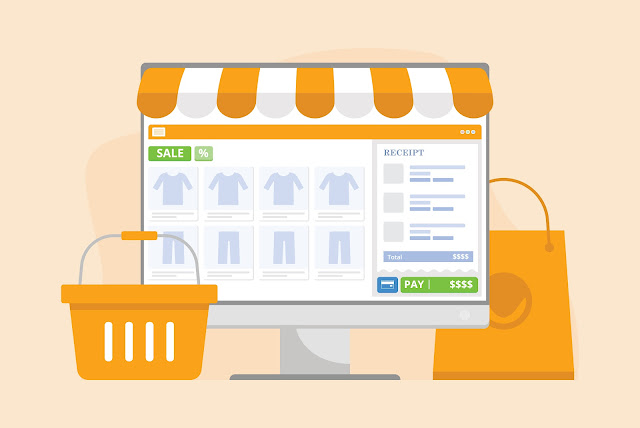Best Practices For Using an Online Listing Tool
Online listing tools can be a great resource for managing your inventory and connecting with potential buyers or renters. However, there are a few key things you should keep in mind when using these types of tools:
Make sure the tool is reputable and reliable. It's important to do your research and choose a listing tool that is well-respected and has a track record of success. Look for reviews and ask for recommendations from others in your industry.
Use high-quality photos and accurate descriptions. The more information and visual aids you can provide about your products or properties, the better. This will help potential buyers or renters get a better sense of what they're interested in and make informed decisions.
Keep your listings up to date. It's important to regularly check and update your listings to ensure that the information is accurate and current. This will help avoid any confusion or disappointment for potential buyers or renters.
Consider the fees associated with the tool. Many online listing tools charge a fee for their services, so it's important to consider the cost before committing to a particular tool.
Utilize any additional features or resources the tool offers. Many online listing tools provide additional features and resources, such as analytics and marketing tools, that can help you better manage and promote your listings. Take advantage of these resources to get the most out of your tool.
Make sure the tool is compatible with your business. Different tools may be better suited for different types of businesses or industries. For example, some tools may be more geared toward real estate listings, while others may be more geared toward retail products. Make sure the tool you choose is a good fit for your business.
Consider the level of support offered by the tool. If you encounter any issues or have questions about using the tool, it's important to have access to reliable customer support. Look for a tool that offers comprehensive support options, such as phone, email, or chat support.
Think about the user experience for potential buyers or renters. The more user-friendly and intuitive the tool is, the more likely it is that potential buyers or renters will use it to find what they're looking for. Consider the layout and design of the tool, as well as the search functionality and filters available.
Utilize any integrations or partnerships the tool may have. Some online listing tools may have partnerships or integrations with other platforms or services, such as social media or payment processors. These partnerships can help you reach a wider audience and streamline your business processes.
Keep an eye on your competition. It can be helpful to see what other businesses in your industry are doing with their listings, and how they're utilizing online listing tools. This can give you ideas for how to effectively market your own products or properties and stay competitive.
Overall, the key to successfully using the best multi channel listing software is to do your research, choose a reputable and reliable tool, and make the most of any additional features or resources it offers. By following these tips, you can effectively manage and promote your listings, and connect with potential buyers or renters.
multichannel order management software | multichannel listing software

.jpg)


Comments
Post a Comment